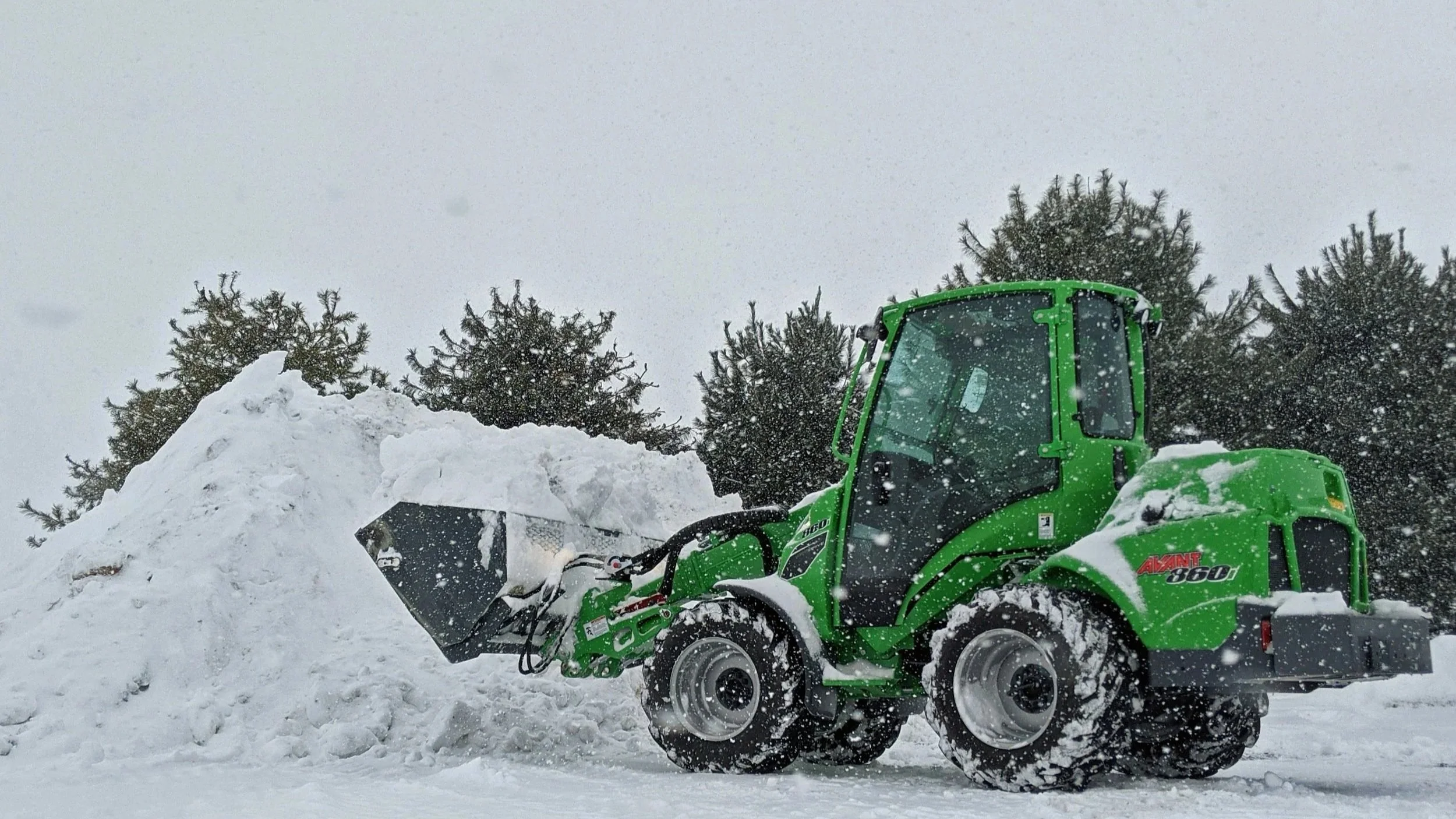Winter Concrete Care Guide: Simple Tips for Protecting Your Pavement
Winter is tough on concrete—freeze–thaw cycles, snow removal, and deicing products can all take a toll. With the right habits and materials, you can keep your pavement safe, durable, and looking great from the first snowfall to spring thaw. This guide breaks down the essentials in a friendly, easy-to-follow format.
How to Care for Concrete During Winter
1. Keep It Clean
Sweep away sand, gravel, or debris that can grind into the surface
Remove any spills right away—winter chemicals and vehicle fluids can stain or soften concrete
2. Use Gentle Snow Removal Methods
Choose plastic or rubber-edged shovels to protect the surface
If you use a snow blower or plow, make sure the blades are not metal-on-concrete. Metal can scratch or gouge the surface
3. Add Sand for Traction
When surfaces are slick, plain sand provides traction without harming concrete
Sand is the safest winter material you can use
Do’s and Don’ts: Ice Melts & Deicers
Not all deicing chemicals are concrete-friendly. Some help safely melt ice, while others speed up cracking, flaking, and pitting. Below is a simple breakdown to help you choose wisely.
Recommended Winter Chemicals
These deicers are generally less harsh on concrete when used properly:
Calcium Chloride
Melts ice quickly in very cold temperatures
Safer for mature concrete (older than 1 year)
Use in small amounts—more is not better
Magnesium Chloride
Gentler than rock salt and works at low temperatures
Best for well-cured, older concrete—not recommended for new slabs
Calcium Magnesium Acetate (CMA)
One of the safest options, especially for new concrete under one year old
Chloride-free, slow-acting, but excellent for preventing ice from bonding to the surface
Avoid Winter Chemicals
These products can damage concrete, especially during freeze–thaw cycles:
Sodium Chloride (Rock Salt)
Common and inexpensive, but very harsh on concrete
Causes scaling, pitting, and long-term deterioration
Ammonium Nitrate & Ammonium Sulfate
Extremely destructive to concrete
Can break down the surface rapidly—never use these
Magnesium Chloride (for new concrete)
While okay for older concrete, magnesium chloride can be harmful to concrete less than one year old or any slab already showing damage.
A Few Final Tips
The first winter is the hardest on new concrete—treat it gently and avoid harsh chemicals
Remember that more chemical does not mean more melting—correct, minimal application works best
When in doubt, choose sand. It never damages concrete, and it keeps people safe

